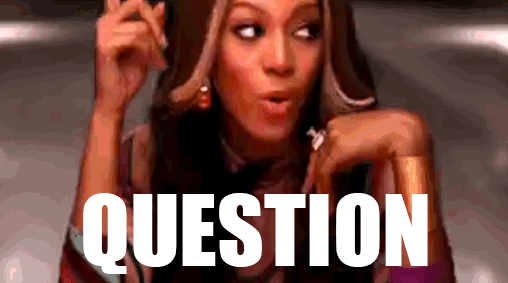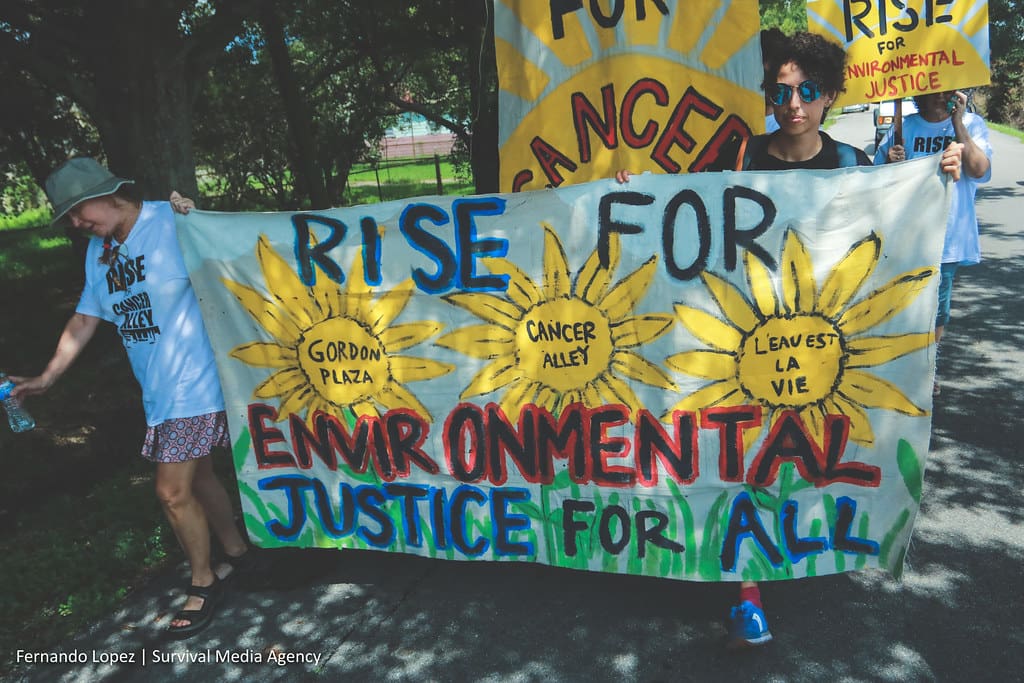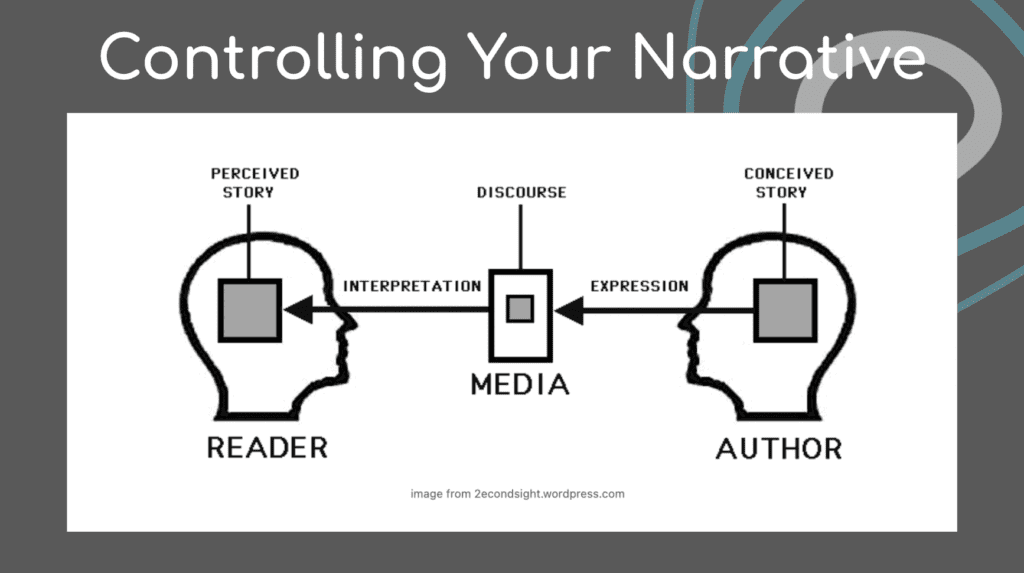“Power is the ability not just to tell the story of another person, but to make it the definitive story of that person.” – Chimamanda Ngozi Adichie
2021 was a stand-out year for climate coverage on broadcast TV networks, however, some problematic trends still reign supreme. White cis-men dominated as the featured voices of climate coverage, even though Black, Indigenous, and People of Color are most impacted by the crisis. For context, 59% of guests on morning news, evening news, and Sunday morning shows (314 out of 534 guests) were white men. Only 7% or 40 guests, were women of color.
However, we know there’s an environmental justice story in virtually every neighborhood adjacent to Flint, Michigan. So, why aren’t journalists going to visit frontline communities like Cancer Alley, where petrochemical plants occupy former slave plantations?

In our first BIPOC communicators roundtable, we noted, “while we have a long hill to climb, we also have a lot of room to help shape news coverage of BIPOC communities” as the media shifts to focus on greater inclusion.
Although, “environmental justice stories have long been sitting there, waiting to be told,” says our Climate Nexus colleague, Acting Deputy Director of the Campaign and Strategies team Sabrina Williams, “most news organizations have missed it, devoting what little climate coverage they do primarily to the words and deeds of scientists, politicians, and activists, who are often white and well-off.”
On that note, to kick off our second roundtable discussion, we set the stage by focusing on what changed in the last year or so to make traditional media…(kind of) see us and (kind of) cover our climate stories.
Covid-19 Pandemic, Coverage of Police Brutality and New media interests in Environmental Justice.

According to Climate Xchange, “decades of racist environmental action, and equally racist policy inaction, has led to astronomical infection and mortality rates from COVID-19 in BIPOC communities”. In addition to coverage of inequities found in the ongoing COVID-19 crisis, media coverage on environmental justice post George Floyd expresses the wider focus of “I can’t breathe” and makes direct reference to environmental racism.
Environmental violence is pervasive, chronic, and carries a clear racial and economic bias,” – Sabrina Williams, Acting Deputy Director, Campaigns & Strategies, Climate Nexus.
So, yes, is it our job to help shape public perception? But how?
Our colleague, Marlene Peralta, Associate Director of Broadcast Media Relations, says we must continue working with the media to build trusting relationships. Here are a few things to keep in mind:
- Yes, it is your job to educate journalists.
- Your narrative is what drives public perception.
- Lastly, remember Journalists are not your audience, instead they are the interpreters of your message.

Therefore, defining your audience as the driver for your communications strategy is critical in helping to shape public perception. This includes dismantling dominant narratives. In her TED talk, “The Danger of a Single Story,” Nigerian author Chimamanda Ngozi Adichie warns against a single story about Africans, one that often only involves pain, trauma, and poverty. The same cautionary sentiment goes for EVERY environmental injustice story.
Again, we know we still have a long haul up the hill towards true representation and coverage of our climate stories, which is why we aim to create a co-collaborative space to speak, share and learn collectively as communicators of color working with or in the media. If you have feedback you’d like to share to help inform these ongoing conversations, please email [email protected] or if you want help being connected with broadcast journalists or for coaching, email [email protected].
As the water movement’s pro bono nonprofit communications and digital shop, we’re always here to help. Email [email protected] if you’re looking for free interview prep, how to respond to stories in the media, or other communications needs.
To stay in the loop for more resources, upcoming trainings, and more, sign up for our newsletter.
